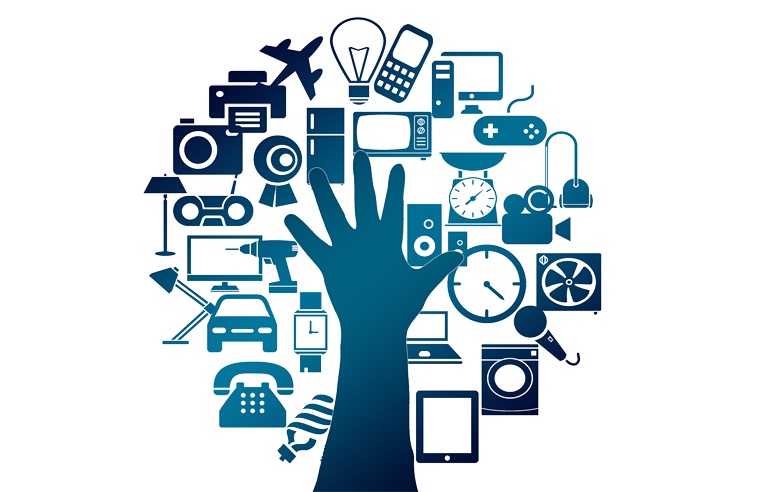 According to Vodafone’s newly released IoT Barometer 2017/18, Asia's businesses are leading the world in Internet of Things (IoT) adoption, with the number of companies embracing connected devices, soaring 200% from 2013 to stand at 36% now.
According to Vodafone’s newly released IoT Barometer 2017/18, Asia's businesses are leading the world in Internet of Things (IoT) adoption, with the number of companies embracing connected devices, soaring 200% from 2013 to stand at 36% now.
The Vodafone Group is one of the world's largest telecommunications companies that provides a range of services (voice, messaging, data and fixed communications) and serves more than half a billion mobile customers and 18.5 million fixed broadband users.
Vodafone’s global survey of business sentiment, relating to investment and innovation in the IoT, examines four key factors for modern businesses, namely the state of the market, business benefits, moving forward, and future optimism.
One of the most interesting key findings this time, however, is the fact that Asia is leading the way in connected device adoption and showing that IoT has hit critical mass and is now being deployed at scale.
Furthermore, the report revealed that:
- 77% of Asia's businesses see IoT as mission-critical to their business;
- 88% of Asian respondents have increased the use of IoT solutions in the past 12 months;
- Over half (53%) of Asia's enterprises say IoT has increased their market competitiveness;
- 42% of Asia businesses have more than 1000 connected devices and 53% are seeing significant returns on investment.
When it came to optimism and the future, the message Asian businesses sent to the world was even clearer, stating:
- 91% believe IoT will have an enormous or sizeable impact on the wider economy in the next 5 years;
- 79% believe IoT usage will rise as security and privacy concerns greatly reduce;
- 91% believe cross industry collaboration will generate joint IoT solutions;
- 89% believe AI and machine learning will be commonplace by 2022.
Vodafone’s Director of IoT for APAC, Justin Nelson, said: "This is a defining moment for IoT. Asia's businesses now see IoT as a core component of their current and future business, and their confidence in it delivering a competitive advantage is soaring "
The report noted as well that on top of the overwhelming adoption numbers, the most significant factor was that IoT has been increasingly deployed at scale, bringing a higher ROI as a result. The widening range of benefits that businesses receive, such as greater business insights, reduced costs and improved employee productivity, are topping the list.
Regarding business benefits, improved brand differentiation (42%) and improved market competitiveness (53%) are rated the primary benefit, compared to 35% in the Americas and 33% in Europe, while the ability to monetize IoT remains on average with the rest of the world at 53%.
When asked about the next steps, the surprise finding was the positive framing of IoT security, which rather than being a barrier to IoT deployment was regarded as "giving businesses the confidence to do more." Asia was once again much more positive in this area with 86% of respondents, hailing security as an enabler compared to 79% globally, and 83% of businesses stating they have adequate skills to manage IoT security, significantly way ahead of Europe (70%) and the Americas (65%).
As the scale of IoT projects increases, the report also notes a rise in connectivity requirements. Businesses are looking to use a mix of technologies from fixed line to low power wide area networks (LP-WAN), depending on the application. Typically, large scale projects use four different connectivity options with mobile and Wi-Fi the two most popular. There is increasing interest in the newer technologies, such as Narrowband IoT (NB-IoT), with 28% of all companies now considering it and other LP-WAN options, for new IoT projects.
By MediaBUZZ


